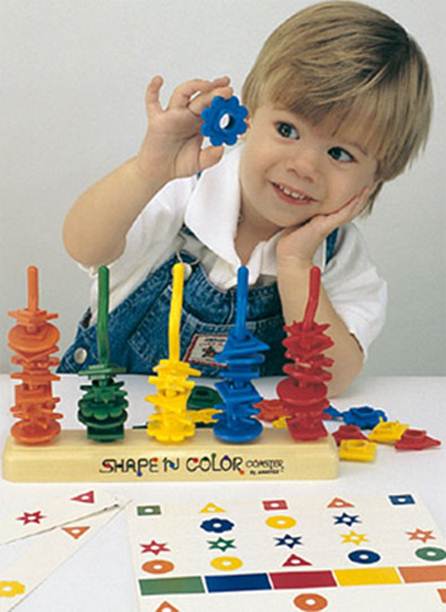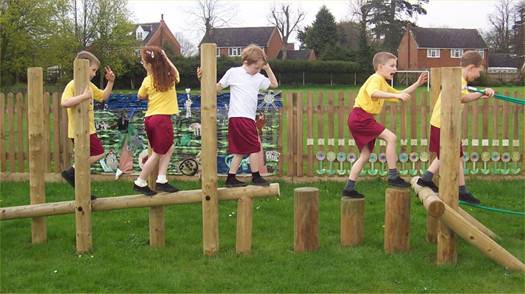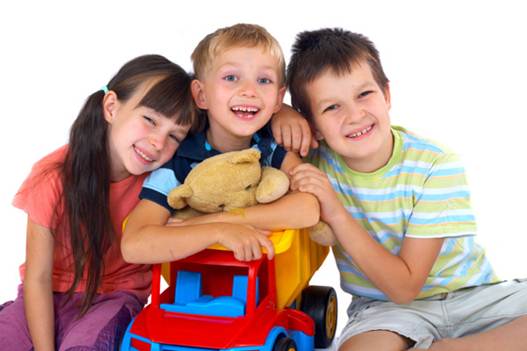My child abuses his toys; I should teach him to play in
the right way.
Answer: False

They
throw toys to observe how it bounces whenever it’s thrown, or even how you
react every time it’s thrown.
Chitra: If
your child is under three years old, it’s quite natural for him to throw or
chew on toys. Children in this age group learn and experiment with their senses
– they may be chewing them to learn their textures and shapes. They throw toys
to observe how it bounces whenever it’s thrown, or even how you react every
time it’s thrown.
They enjoy it when they are able to elicit
a reaction from objects or people around them – this is a natural process of
experimentation and learning. But if your child is older, you need to talk to
him and find out why he’s chewing on a toy or throwing it.
Even school-going need time to play.
Answer: True

Parents
should teach their child how to balance doing homework with setting aside time
for play (outdoors, preferably).
Meng Wei:
Parents should teach their child how to balance doing homework with setting
aside time for play (outdoors, preferably). It really is quite pointless to
make your child spend all his time on schoolwork; he’ll start dreading it and
stop focusing.
Rupal: As
the child grows older, play progresses from exploratory to socio-dramatic to
games with rule. The type of play changes, but a child is never too old to
play. For school-going children, sports board games, Lego and robotics are
great for their development.
Ten minutes of outdoor play per day is enough.
Answer: False

Children
need long stretches of time to build relationships with other kids, to
experiment with and use new equipment, and to learn and use the rules to a new
game
Chitra:
Children need long stretches of time to build relationships with other kids, to
experiment with and use new equipment, and to learn and use the rules to a new
game.
For those who are always ready to burst
outdoors and get involved in play immediately, 30 minutes may seem sufficient.
But these kids need time to use up that burst of energy and slow down, before
they can learn to use social skills during play effectively.
On the other hand, some may need 30 minutes
to first observe others and get ready to play. So parents need to know their
child. If it looks like she may do well with more time outdoors – and you can
provide that – then do so. There is never too much outdoor time!
My kid isn’t interested in the new toy I bought. What a
waste of money.
Answer: Maybe

Your
child might take the toy out and play when he’s ready.
Meng Wei:
Kids build their interests at different stages and timing. Your child might
take the toy out and play when he’s ready, or when he’s able to associate it
with something familiar at school or his peers.
Chitra: If
your child is not interested in the toy you bought, perhaps you need to get to
know his likes and dislikes better. If he’s old enough to be part of the
decision-making process, tell him how much you’re willing to pay for a toy, and
discuss what are the necessary elements in a good toy. Then go shopping
together.